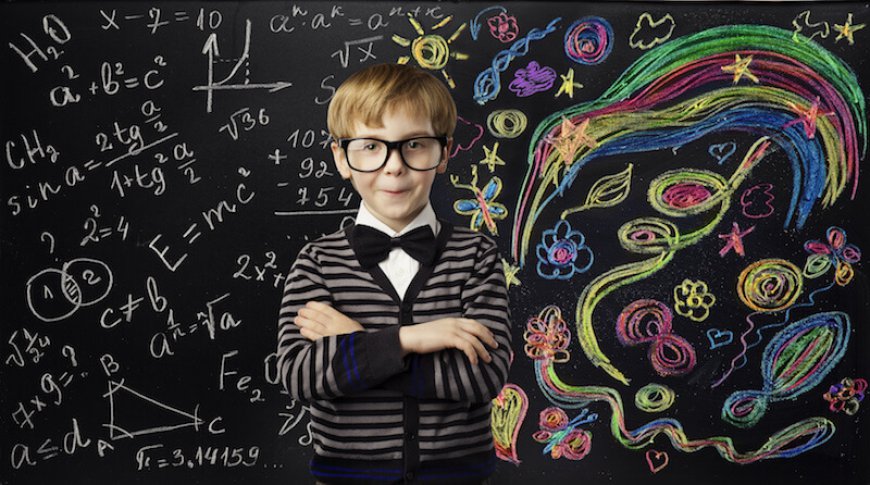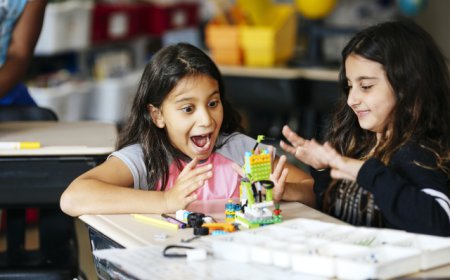Unleashing Creativity: Exploring Art-Based Education in India

In the realm of education, there is an innate desire to unleash the creative potential of students. Art-based education serves as a gateway to unlock this potential, fostering imagination, self-expression, and cultural appreciation. This article delves into the transformative power of art-based education in India, its impact on cognitive and emotional development, and how it nurtures individuality and cultural understanding.


1. The Essence of Art-Based Education
Art-based education transcends conventional teaching methods, embracing various artistic disciplines such as visual arts, performing arts, music, dance, and drama. By encouraging active engagement in creative expression, art-based education nurtures imaginative thinking, problem-solving abilities, and the capacity to perceive the world through diverse lenses.2. Fostering Creativity and Imagination
Art-based education provides a fertile ground for students to explore their creative potential. Through artistic mediums, they can experiment, take risks, and think beyond boundaries. This freedom of expression nurtures imagination and innovative thinking, enabling students to approach challenges with fresh perspectives and devise unique solutions.3. Cognitive and Emotional Development
Participating in art-based activities stimulates cognitive development, enhancing critical thinking, spatial awareness, and fine motor skills. Furthermore, art-based education cultivates emotional intelligence by encouraging students to express and process their emotions through artistic outlets. This emotional exploration fosters empathy, self-awareness, and the ability to understand and connect with others on a deeper level.4. Cultural Appreciation and Diversity
India is a vibrant tapestry of diverse cultures, each with its distinct artistic heritage. Art-based education serves as a conduit for celebrating and appreciating this cultural diversity. Students learn about traditional art forms, folk dances, indigenous music, and delve into the aesthetics of different regions. Immersed in these cultural experiences, students develop pride in their heritage and foster respect and appreciation for diverse cultures.5. Individuality and Personal Growth
Art-based education acknowledges and celebrates the uniqueness of each student. It encourages them to embrace their individual talents, interests, and artistic styles. Through artistic exploration, students gain confidence in expressing their authentic selves, fostering personal growth and cultivating a positive self-image. This emphasis on individuality nurtures a sense of identity and instills a lifelong appreciation for the arts.Read More: The Future of Education: Exploring the Impact of Artificial Intelligence in Classrooms




























